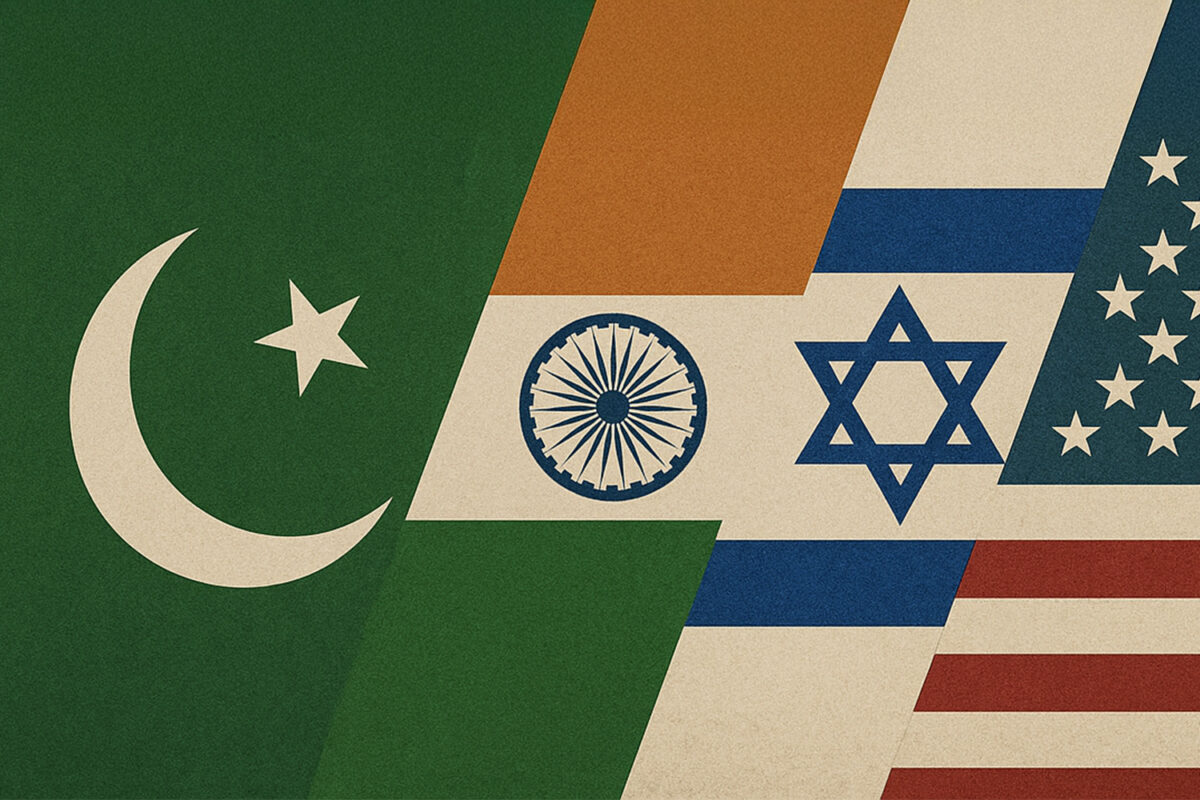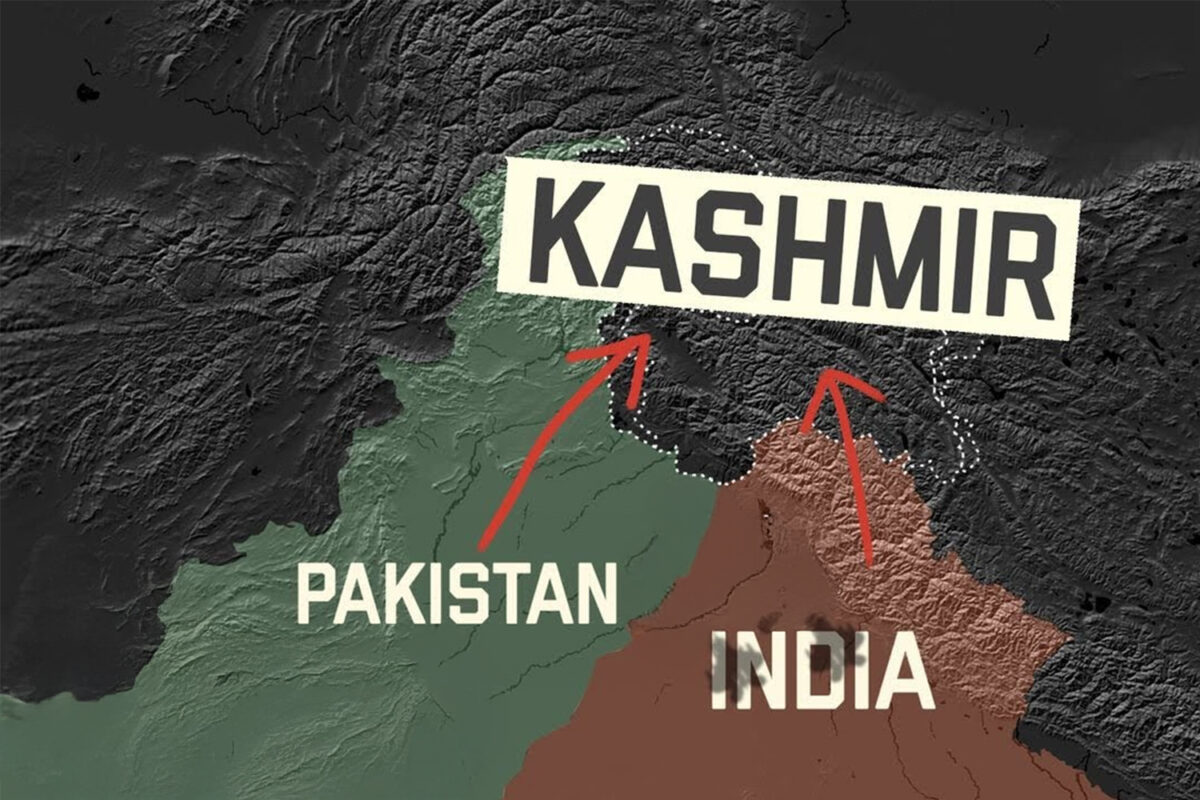On the 8th of February 2024, Pakistan heads to the polls for parliamentary elections that will determine the country’s next prime minister. Much like the 1993 Hollywood movie, Groundhog Day, the participants and parties are all the usual suspects. Like the movie where the lead character is in a time-loop reliving the same day, Pakistan is also stuck in a time loop where the choices are the same old characters who have dominated Pakistan’s politics for the past three decades.
Imran Khan and his party – the PTI, dominated Pakistan’s politics for the past few years. But like many of Pakistan’s politicians he and his party has now fallen dramatically from political grace. It was a bad week for the former Prime Minister who is now languishing in prison facing 150 cases. He’s been found guilty of leaking a confidential cable, the illegal sale of gifts and to round off the week Khan was found guilty of being in a marriage that violated Islamic law. Imran Khan was once the darling of the army, the people lapped up his tsunami of change, fight against corruption and the establishment of a Medina state.
Imran Khan failed spectacularly on all these fronts and more. Poverty increased as inflation went sky high and the number of U-turns Khan did led to a huge fall in his credibility. When COVID-19 hit Pakistan, Khan was unable to make a decision on lockdowns as he tried to appease different factions. Then Imran Khan committed the cardinal sin of interfering in the army appointments. Khan dragged his feet over personnel changes decided by General Bajwa in 2020 and this was the final straw for the general. General Bajwa reportedly reached out to the Sharifs in the UK and what ensued was the playbook that has been a regular occurrence in the country. Protests and opposition grew against Khan, with the army playing the public role of staying neutral and this culminated in the vote of no confidence in April 2022.
Imran Khan committed the cardinal sin of interfering in the army appointments
Imran Khan forgot that he owed his role to the army top brass and its them, no matter how popular a civilian leader may be, that are the real rulers of Pakistan. According to a Gallup opinion poll released on the 10th of January, Khan’s approval ratings stood at 57%, higher than Nawas Sharif at 52% and Bilawal Bhutto at 35%. Imran Khan believed with this public support he could lead his supporters against the army top brass’s attempts to sideline him. A cursory glance at Pakistan’s history would have shown Khan that such rebellions do not end well for civilian leaders. With Khan languishing in prison the army has proven once and for all, if there were any doubts, who really rules Pakistan.
Nawaz Sharif has had a major reversal of fortune, and not for the first time. In 2017 when he was removed from office on corruption charges it appeared his political career was over. Sharif who was nurtured by the General Zia regime in the 1980’s when he became Punjab minister has never completed a term in office. Sharif first became prime minister in 1990, but corruption in 1993 led to his dismissal. In 1997, Sharif was re-elected for a second term as prime minister. However, in 1999, he was overthrown by Gen Musharraf in a coup.
Despite Sharif’s colourful past, he may find the election on the 8th of February the easy part as his regime faces numerous daunting challenges ahead. With Pakistan’s economy not built upon its strengths, successive leaders constantly go to the IMF for financing and currently the economy has been virtually handed over to the institute, who expects reforms to be made for any further funding. These reforms are deeply unpopular amongst the masses and based on Sharif’s previous governments it’s unlikely there is any grand plan to circumvent these reforms. All this means it’s likely within a year opposition will grow against the Sharif government.
Despite Sharif’s colourful past, he may find the election on the 8th of February the easy part as his regime faces numerous daunting challenges ahead
This scenario has always been used by the opposition parties to oust the sitting government. Bilawal Bhutto who is the leader of Pakistan’s People’s Party will likely organise the opposition against the Sharif government, when the opportunity arises. Whilst Bhutto has limited experience and political influence he and the PPP would be considered the most viable actor in any such scenario.
A sign of insanity is to try the same thing, again and again hoping for a different outcome. This has been Pakistan’s history since its creation. What we are seeing in the elections is the same old and tired players making promises to do things that they have on more than one occasion never delivered on. But whilst the military top brass and the dynastic families maintain their wealth and positions, the people of Pakistan are left to fend for themselves. This is the context the elections take place in.




